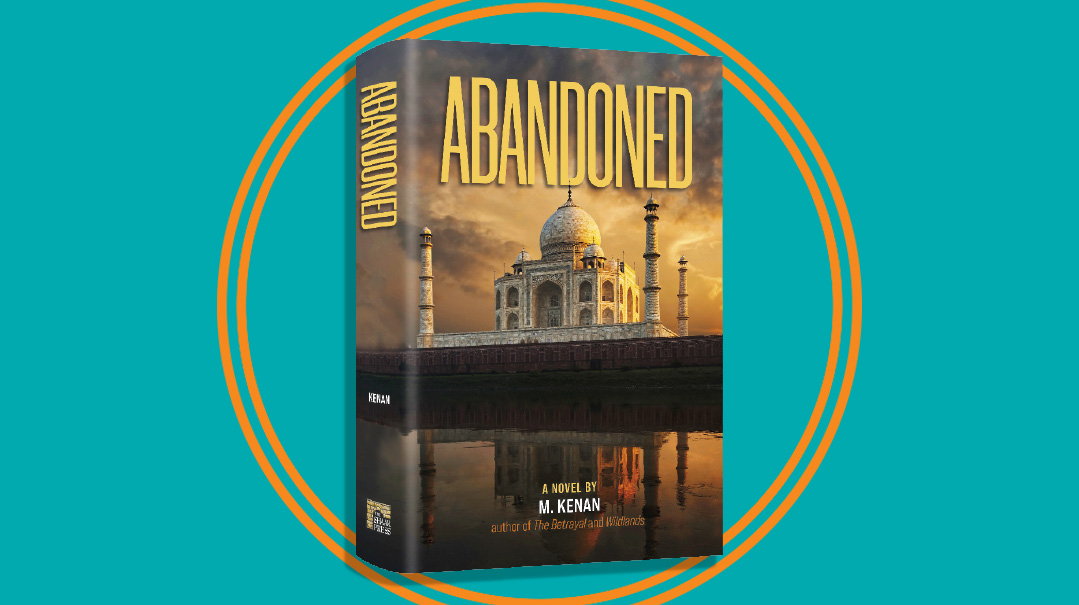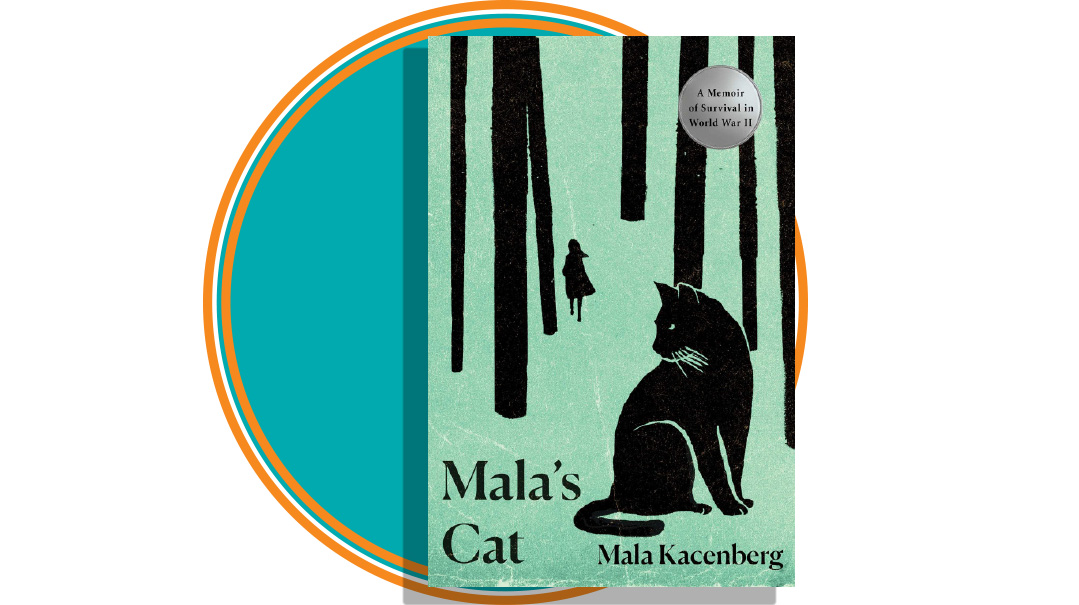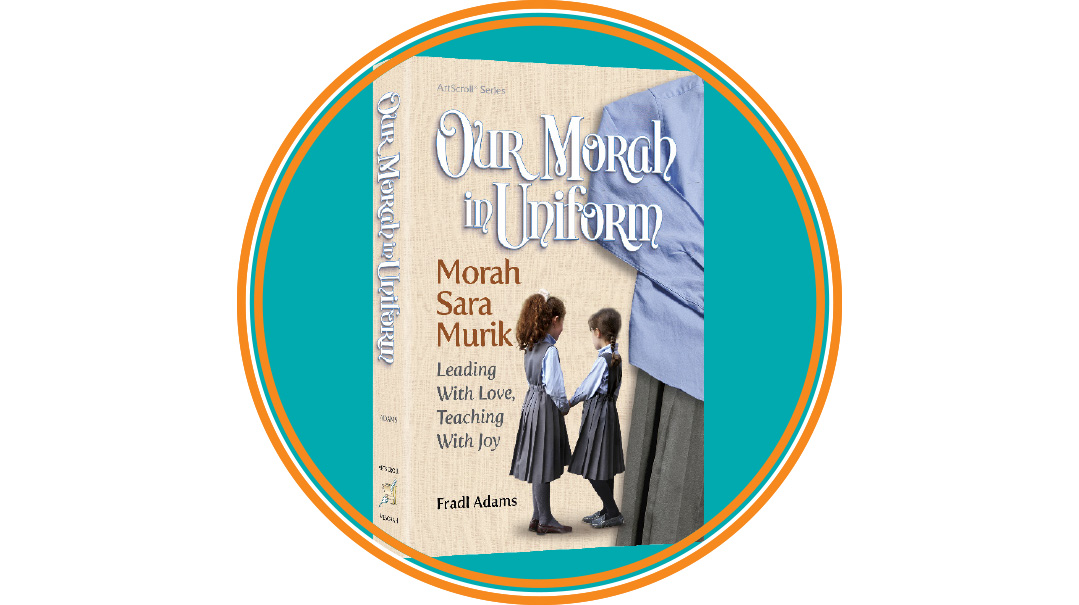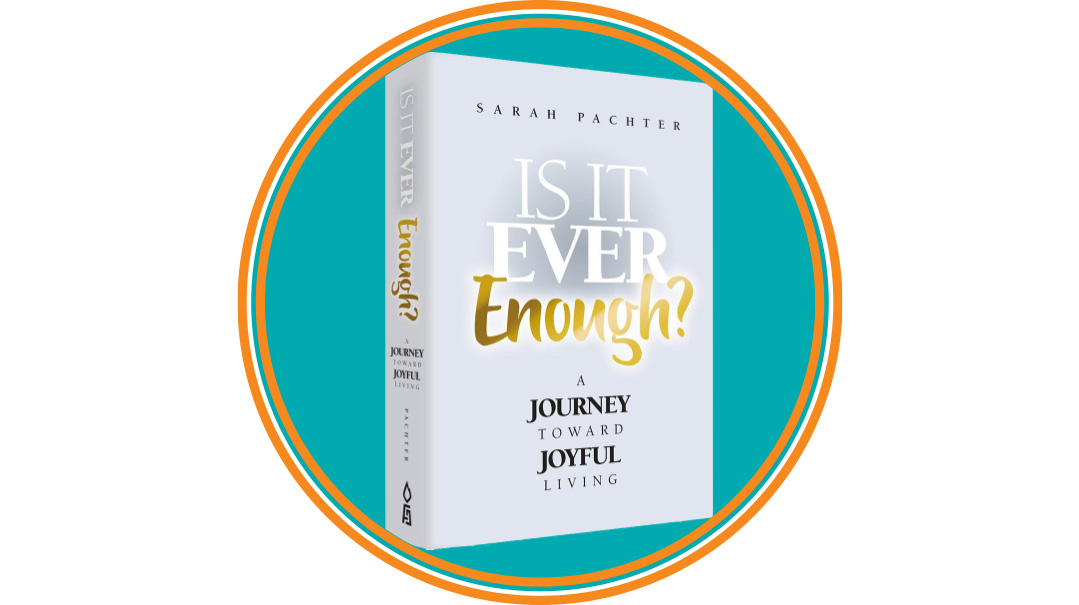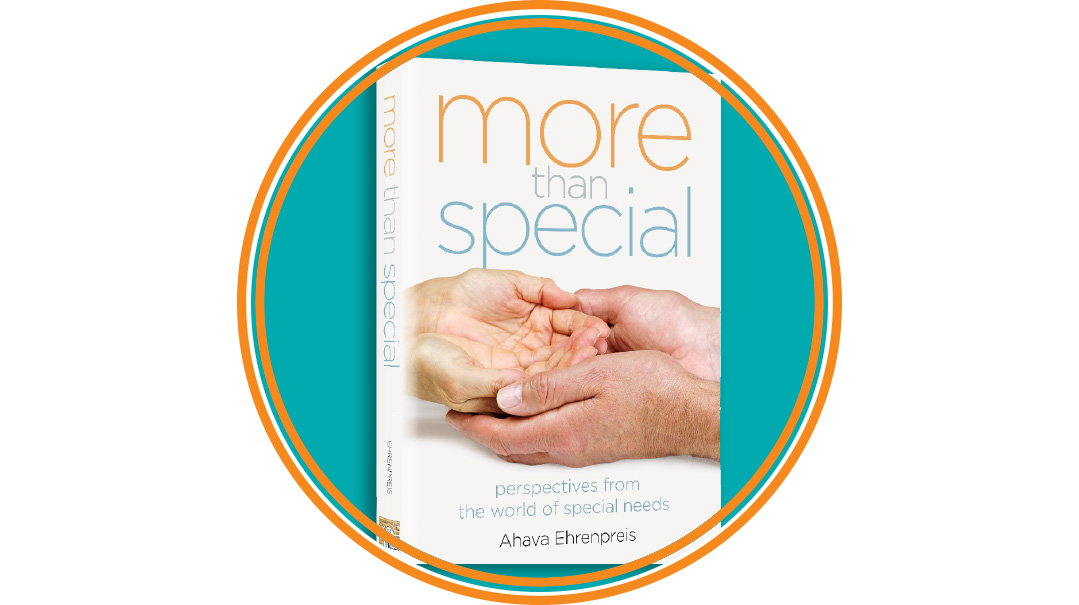Struggles, Challenges, and Tradition
| July 5, 2022Rabbi Berel Wein on how he got hooked on history
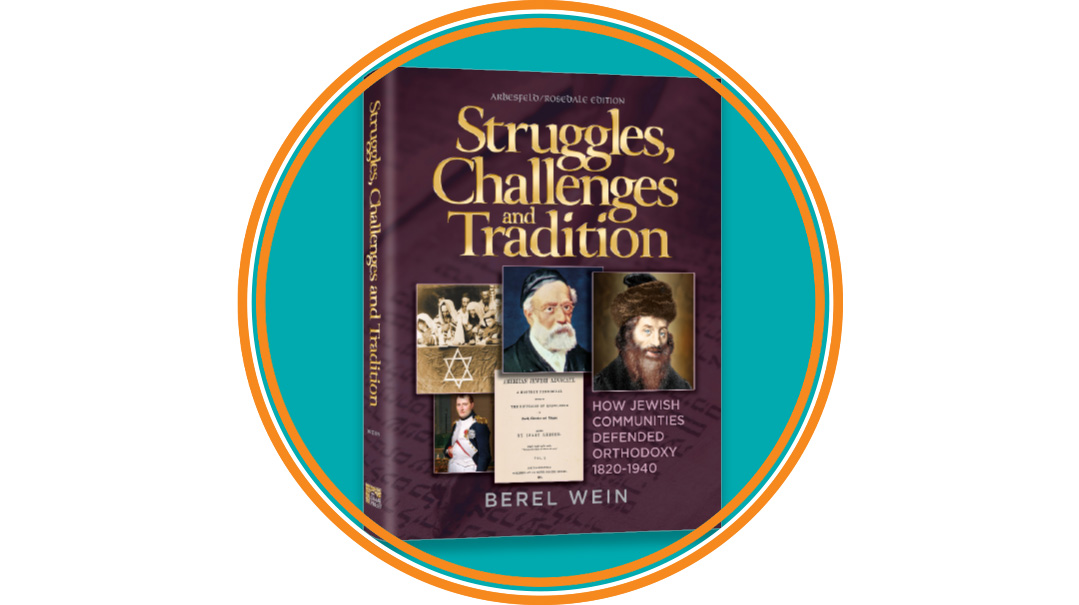
Book: Struggles, Challenges, and Tradition
Author: Rabbi Berel Wein
Publisher: Shaar Press
Book in three lines
An overview of the battles both won and lost by Orthodox Jewry in the Western World, from 1820 to 1940. Threats included Enlightenment, Reformism, and Zionism. The movements of Mussar, Chassidus, and Torah Im Derech Eretz fought nobly, each in their own milieu. Those who were convinced traditional Judaism was dying were proven to be very wrong.
Author in two lines
Retired rabbi and popular historian, Rabbi Berel Wein is well known for both his expertise and his eloquence. His works on Jewish history have become classics, his lectures are in high demand, and he also pens weekly parshah wisdom and newspaper columns.
My most cherished research resources
First, I love to look at the Rabbinic responsa of the time period, the Sheilos u’Teshuvos seforim, because they reflect the issues that the rabbis had to face. Another resource worth exploring is personal diaries. For this book, for example, I read many memoirs by alumni of the great yeshivah in Volozhin who later became secular. These were replete with love, admiration, and nostalgia for life at the yeshivah, which is very telling.
Why I chose to cover specifically the period from 1820 to 1940
Because the Holocaust altered every dynamic in the Jewish world, it was impossible to go past it and continue the historical overview beyond 1940. And 1820 was a natural starting point because it marks the end of the Napoleonic era and the beginning of the yeshivah world.
Discoveries that shocked me
It’s shocking to discover that things we consider beyond the pale today were actually entirely acceptable 100 years ago. One example is the collaboration, particularly in America, between the Orthodox and Conservative movements. Today, neither of them would cross communal lines, but a century ago, the Yeshurun synagogue in Jerusalem received its seed money from the Conservative United Synagogue movement in America.
The greatest triumph of Orthodoxy during that time period
Women’s education — Sarah Schenirer’s Bais Yaakov movement. My father told me that the reason so many yeshivah bochurim in Lithuania married late was simply that none of the girls would take a yeshivah bochur. The Gerrer Rebbe remarked that while his chassidim brought their sons to tish on Friday night, their daughters went to the theatres. The yeshivos and kollelim are full and thriving today thanks to Sarah Schenirer’s initiative — and the foresight of the Chofetz Chaim and the rebbes who encouraged her.
The country and culture in the book that IÕm most drawn to
Lithuania, because I identify with the yeshivah world. Particularly, I’m drawn to the world of mussar. For me, the near extinction of mussar is a tragedy. But mussar does not thrive in an affluent society; it has zero traction today.
How I got hooked on history
As a yeshivah bochur, I wandered into the yeshivah library one day, and the librarian offered me some books to read. The first one was a biography of the Rosh. It was so fascinating that I came back for more and more.
When you read, you become knowledgeable, and you also soon notice that not all the books agree, which challenges your brain. Truth is elusive when dealing with history, but by looking at an event through several different lenses, you gain a more composite picture that is closer to the reality.
I read all the general history books that I can get hold of, too, because they provide the background setting for Jewish history, and whatever affects the general world affects the Jewish world sooner or later.
Title: Seasons of the Rain
Author: Judy Landman
Publisher: Jewishselfpublishing
Poetry as a Mirror
I never considered myself a poet. Writing is a hobby and means of reflection for me, and poetry just emerged as the medium.
It all started quite suddenly. While my husband was away on a rare trip to Eretz Yisrael for a few days, something opened up within me, and I found myself pouring words onto paper every night. Since then, I kept going.
Writing has given me several gifts, including self-awareness and personal growth. I’d encourage everyone who feels the urge to tap into themselves and write, because writing can reveal hidden parts of yourself and give you a strong voice. Everyone has something to say.
The “rain” in my title refers to blessing, and “seasons” are a metaphor for what we all go through in our lives. My poems vary from light and playful to rich with emotion. When my mother read this book, she said, “This is your biography!” Yes, a lot of the book reflects times in my life. From the loss of my father before my fifth birthday, through different moments of raising our children, the poems express a lot of what I have experienced.
I didn’t include descriptions of the moments and milestones that inspired them, because that felt like laying my heart wide open to the world, but my rav advised me that the poems, even when personal in nature, should be published, because people going through similar challenges would gain chizuk and support.
When I reached out to mainstream Jewish publishers, I was told that the quality of the writing was nice, but they felt there was unfortunately no market for poetry in our community. When Covid came, with my husband’s support, encouragement from friends, and loads of Hashgachah pratis, I decided to go ahead and self-publish. When readers reach out to tell me that different poems have resonated with them, I feel so glad I did.
Seasons of the Rain is available on Amazon.
Title: For the Sake of Heaven: The Life of Hacham Yom Tob Yedid Halevi
Author: Mrs. Devora Gliksman
Publisher: ArtScroll / Mesorah
A Jew’s Mainstay in an Unusual Time Period
Theme of the book
Hacham Yom Tob lived through turbulent times, but throughout it all, what mattered to him was Torah.
He was only 32 years old when his teacher, Hacham Moshe Tawil, charged him with the responsibility of keeping his community religious. Many of the community’s seforim had been destroyed in the riots that the Arabs had initiated in 1947 and the only rabbi he could consult with was Hacham Nissim Indibo who lived in Damascus, a five-hour bus ride away. Yet through exceptional diligence in learning, Hacham Yom Tob succeeded in becoming a talmid chacham and led his community in the observance of Torah and mitzvot for over 25 years.
During those years, Syria often went to war against Israel, and, every time a conflict arose, the Jews in Syria suffered. Hacham Yom Tob’s teenage son escaped from Syria without telling his parents. The drama that ensued and the trauma that they experienced was intense.
At the end of his long life, despite the hardships he experienced, it was clear that the Hacham’s life was inordinately successful — even events that at one point seemed like failures were just challenges to his unwavering dedication to Torah, struggles that he eventually overcame.
Most vital research resource
First hand testimony. The Yedid family tracked down people who had grown up with Hacham Yom Tob back in Aleppo in the 1920s, 30s, and 40s. They set up interviews with people who knew him at every stage of his life, and we spent many hours speaking, unearthing details that Hacham Yom Tob’s own children were unaware of.
The setting
This book covers a place and time period that’s virtually unknown to the broader Jewish community. Syria was locked in a time warp from around 1948 until the late 1970s. All the technological advances going on in the Western world were nonexistent there. Because of its totalitarian government, the community was locked off from the rest of the world, even from their own children, many of whom escaped the prison that Syria had become. This biography takes so many twists and turns that it reads like a novel, although to the Syrian community this was “normal life.”
(Originally featured in Family First, Issue 800)
Oops! We could not locate your form.


